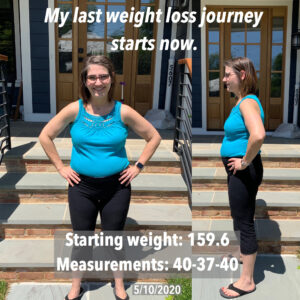The very basic drives that we as humans, and indeed all animals, have are as follows:
- Seek pleasure.
- Avoid pain.
- Conserve energy.
This “motivational triad” stems from our deep “primitive brain,” as I like to call the limbic system and its close neighbor the nucleus accumbens, and is conserved across all animals (thus why it’s sometimes also referred to as the “lizard brain“). It served our ancestors well in keeping our species alive when we lived in caves and hunted and gathered our food. The brain is flooded with rewarding dopamine and natural endorphins when we have sex or eat calorie-dense foods, which teaches us to remember how we got that thing and go back for more. To hunter-gatherers, these highly rewarding foods might be meat, honey, or tubers like sweet potatoes, and access to these foods is limited… so their natural instinct to binge eat these items doesn’t lead to obesity. Put a hunter-gatherer into modern Western society, and they quickly gain weight. This was illustrated beautifully in an opening anecdote about “the fattest man on the island” told by Stephan Guyenet in his book The Hungry Brain: Outsmarting the Instincts That Make Us Overeat. (I highly recommend reading or listening to this!) Why do they gain weight when placed in Western society? Because these highly rewarding foods are available in abundance, and we can access them whenever we want, expending very little energy. A man who might’ve had to walk 3 miles, climb a tree, and fight off a swarm of bees to get some honey can now expend only the calories it takes his right foot to push down on the gas peddle to get him to a convenience store (still open at midnight) to buy a candy bar.
Not only are rewarding natural whole foods like meat and sweet potatoes readily available, but to the detriment of our health, engineered foodstuffs which have been intentionally created to get us to overeat them (in order to put more money into the pockets of Big Food’s shareholders) are even more ubiquitous. If you have not yet read Salt Sugar Fat: How the Food Giants Hooked Us by Pulitzer Prize-winning journalist Michael Moss, I highly recommend that you start with his piece for The New York Times entitled The Extraordinary Science of Addictive Junk Food, which is excerpted from the book. These highly processed foods are often more than our primitive brains can handle, and some of us end up heavy because we can’t stop eating them.
In fact, my mentor and friend Dr. Kevin Hall recently demonstrated this phenomenon in an elegant inpatient study he conducted here in Bethesda at the National Institutes of Health: when people were given highly processed foods to eat and allowed to eat as much as they wanted, they ate over 500 more calories per day and gained about 2 pounds over just 2 weeks, whereas they ate 500 fewer calories and lost 2 pounds over 2 weeks on an unprocessed (whole food) diet.
Those of us who get stuck in the habit loop of indulging in those delicious, easy processed foods start to develop a tolerance of sorts: our brains’ dopamine systems start to adjust to having them all the time, and over time we start to normalize our responses to these foods. The problem with this is that when we then try to eat whole unprocessed foods that would have previously been rewarding to our brains, we now experience those same foods as horribly bland and unrewarding. (A 17-minute TedX talk by Dr. Doug Lisle called The Pleasure Trap does an amazing — and entertaining — job of explaining this). It makes switching from added sugars and highly processed foods to a whole food-based diet exceedingly difficult. It makes it hard to give up these foods even when our prefrontal cortices know we “should.” It can take many weeks to readjust your palate and your brain back to baseline, so many people who try to do so give up before they have a fighting chance. Doug Lisle suggests a 24-hour water fast to help reset your brain, but I am not much in the mood for that right now. Instead, I’ve committed to eating no added sugars and no flour-based foods (I call this “NSNF” for “no sugar, no flour”) for 6 weeks straight. I believe this is required for my brain’s reward system, and my palate, to reset — for my desire for sugar to dampen and for me to respond to food more normally.
I removed added sugar and flour from my diet the morning of April 30 (starting weight that morning was 163), and my scale reflected a 2.4 pound weight loss just 48 hours later, despite continuing to eat what I wanted (Sumo mandarins, almonds, spoons full of whole milk ricotta, etc.) even when not hungry. Obviously only a teeny portion of that weight loss (if any) was fat, but it sure did feel good to see the number going back down again after weeks of creeping up! This morning, May 10, I weighed 159.6, down another pound. It’s never comfortable for me to post my actual weight publicly when I’ve gained weight, and I’ve never posted my measurements, but I’m going to be brave and let you in to my weight loss journey in every way I can, because I know that many of you also struggle with your weight in similar ways, and vulnerability builds connection and trust. So I will post details of how things go as I work through this process in the coming 6 months, and am even willing to post my “before” photos (unedited and without me sucking it in!), weights, and measurements. I am a real breathing woman, not a model, so please be kind! I will keep you updated in real time as my journey progresses, with a weigh-in every weekend and updated photos every month or so.

Tomorrow, May 11, is the date on which I will add in an additional component to my program: I will start planning my food in advance and practicing to eat only when physically hungry (allowing/processing urges to eat off my plan). I am 100% convinced that these are the keys to deconditioning my habit-eating urges and living my life with peace around food, eating when hungry and not obsessing about it. Short term hard work, planning and commitment will lead to long term freedom. It will be hard work to process each urge mindfully rather than just grab and orange or as handful of almonds whenever I feel like it, but after years of research and personal experience, I am convinced that this hard work is the key to finally reaching my ultimate goal weight of 135 pounds and living peacefully around food.
This will be my final journey to freedom around food and permanent weight loss, and I can’t tell you how excited I am for you to join me for the trials, tribulations, and successes along the way!
Let’s do this thing!

